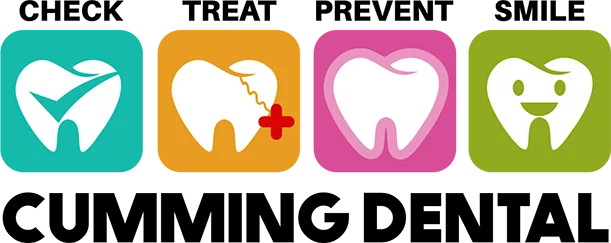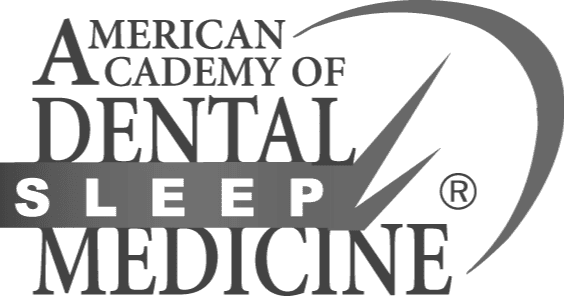Top Questions Our Patients Ask About Wisdom Teeth
What are wisdom teeth?
Wisdom teeth, also known as the third molars are the last set of teeth to erupt in the very back of the mouth. They are non-essential in daily functions such as eating and chewing.
When do wisdom teeth usually appear?
Wisdom teeth typically erupt anywhere between the ages of 17-25
Does everyone have wisdom teeth?
No, Some people never have the wisdom teeth appear and others may only have one, two or all four erupt.
Why do my wisdom teeth need to be extracted?
Wisdom teeth do not always necessarily need to be extracted unless they are causing pain, overcrowding or have severe decay. Your dentist will review your x-rays and discuss the best option for you. It is recommended to remove the wisdom teeth at a younger age as the procedure and healing are much easier since the teeth have not become established in the jaw bone yet.
What are the symptoms of Impacted wisdom teeth?
If your wisdom teeth are impacted you may experience immense pain, swelling in the jaw and cheek area, bleeding gums, bad breath, and possible difficulty opening your mouth.
What is a dry socket?
After you have a tooth extracted, a blood clot forms and healing begins. If the clot doesn’t form or is lost before the new bone has formed the vacated root socket becomes dry and painful. This is where the term “Dry Socket” comes from. Following the post-operative instructions is the best way to avoid this complication following an extraction from occurring.
Is it best to remove all 4 wisdom teeth at once?
In most cases this would be the best option especially if you have chosen to use a sedation option. Removing all four wisdom teeth at once is the most time efficient and cost effective and will allow you to minimize the recovery and haling time.
Do I need to see an oral surgeon to have my wisdom teeth removed?
Wisdom teeth can range in the type extraction needed from simple surgical, soft tissue, partially bony, and full bony impaction. General dentist who have the tools and necessary training are able to remove wisdom teeth in most cases. In some cases which your Dentist will discuss the positioning of the wisdom teeth may cause damage to nearby teeth, nerves, jawbone or sinuses and seeing an oral surgeon would be your best option as they are highly trained for these complex cases.
Do I need to be sedated to have my wisdom teeth extracted?
This is something that will vary per person. For simple wisdom teeth extractions using just local anesthesia has found to be successful. General dentist are not typically trained to do IV sedation but may offer other options such as oral sedation. You and your dentist or the oral surgeon will decide which options are best for your situation.






